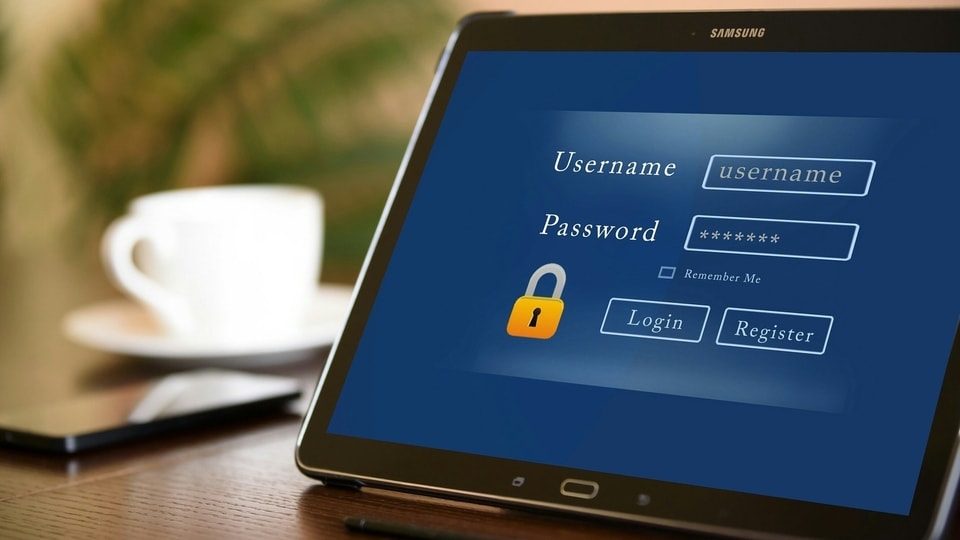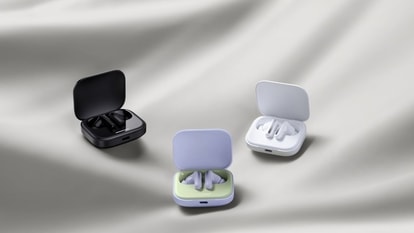Do you use THESE weak passwords? Change NOW! 5 tips on how to make passwords strong, unique
If you have been using these weak passwords then you will get hacked and you won't even know it. Here are 5 tips on how to make passwords strong, unique


With the technological transformation of digital payments and manifold rise in online activity during the Covid-19 pandemic, cybercrime has skyrocketed. This is especially so because most users do not understand the online system fully and they can be tricked into doing something that can lead to big problems. One of the biggest problems online currently is that of weak passwords. Just because users don't want to remember strong passwords, they keep them very simple. That means, hacking of Google account passwords or of other social media accounts like on Facebook, Twitter or Instagram is possible and that too very easily. Some people even keep their online bank account passwords, or net banking passwords, very simple and easy to guess for hackers. Pointing all these weaknesses out is a recently released report by card payments company Dojo. It has found that most people use the same password across multiple platforms! Meaning, they use the same weak password for Google account, Facebook, Gmail, Twitter and even for their bank accounts! Dojo points out that there was a 600 percent rise in illegal activity worldwide, amongst which repetition of passwords on multiple platforms was the basic cause. So, here we list 5 tips on how to make passwords strong and unique and which ones to avoid in order to stay secure online. Check list of passwords here.
List of weak passwords to avoid
Here is the list of most hacked passwords:
- 123456 (used by 23.2 million users)
- 123456789 (7.7 million users)
- Qwerty (3.8 million users)
- Password (3.6 million users)
- 1111111 (3.1 million users)
Under no circumstances should you ever use these weak passwords.
The second most commonly hacked password category was 'names', with 3,913 of the top 20 names appearing in compromised passwords. Animals came in third place, with 2,112 hacked passwords, including the top 20 most popular animals. And not a big deal to guess this, but the most often hacked passwords in this category were 'Dog' and 'Cat'. Besides these, the list further mentions the use of Brand names such as Apple, LinkedIn, Google or popular car names as the commonly used passwords. Also, astrology lovers found to be using star signs such as Leo, Scorpio, and Gemini.
Besides these commonly hacked or guessed passwords, pet names are at the top of the list with words such as ‘love', ‘baby' and ‘angel' commonly used, the study revealed.
Here is the list of most commonly used words as passwords:
- Love
- Baby
- Dog
- Angel
- Sam
- Anna
- Cat
- Alex
- Leo
- Apple
- Ford
- Honda
- Audi
- Scorpio
- Gemini
5 tips on how to make passwords strong and unique:
1. Passwords that contain a mix of characters, numbers, and symbols are more difficult to guess and are therefore less likely to be hacked. Hence, it is advised to use a random combination that is only remembered by you to keep your password more secure.
2. Aim for a password that is at least 8-12 characters long. Longer passwords take longer to figure out, so hackers looking for a quick gain might be put off.
3. Remember to do multi-factor authentication as hackers must pass two levels of security checks to gain access to your account using two-factor authentication.
4. Most importantly, keep changing your passwords frequently.
5. Do not write down your passwords on cheque books, or other bank account books or papers you have. Do not send them on social media like WhatsApp, Facebook etc either. If you cannot remember, and you have to write them, then do so in an inconspicuous notebook and keep it in a very safe place not accessible to anyone but the close family.
Catch all the Latest Tech News, Mobile News, Laptop News, Gaming news, Wearables News , How To News, also keep up with us on Whatsapp channel,Twitter, Facebook, Google News, and Instagram. For our latest videos, subscribe to our YouTube channel.


























